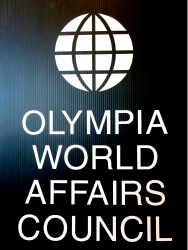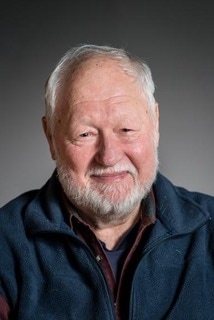Vladimir Putin’s Plan to Make Russia Great Again
In the mid-1990s, before Putin became president of Russia, the emerging Russian political–economic elite decided to maintain Russia’s role as a super power, even though the then broken country possessed few attributes of a major player in world affairs. Russia’s political and economic recovery between 1998 and 2008, which coincided with Putin’s consolidation of personal power as president, provided a foundation for re-assertion of this older pattern of a robust and expansive Russian foreign policy. Western powers have blamed Putin for placing Russian foreign ambitions on a more confrontational path, but he merely embodied a world-view and foreign policy that the majority of Russia’s elite continues to favor. An opportunistic practitioner of Realpolitik, Putin thus represents a consensus of the power elite and much of the Russian population “to make Russia great again.” Putin is not a Communist, but a Nationalist – Centralist, always interested in enhancing his own personal power, as he helps to re-build a powerful and unified Russian state. He is more like nineteenth-century power politicians, such as Metternich and Bismarck, than aggressive Soviet leaders that preceded him. He has appealed to the widespread feeling of “wounded nationalism” felt by a significant majority of the Russian population in the decades after the disintegration of the Soviet Union in 1991.
In the mid-1990s, before Putin became president of Russia, the emerging Russian political–economic elite decided to maintain Russia’s role as a super power, even though the then broken country possessed few attributes of a major player in world affairs. Russia’s political and economic recovery between 1998 and 2008, which coincided with Putin’s consolidation of personal power as president, provided a foundation for re-assertion of this older pattern of a robust and expansive Russian foreign policy. Western powers have blamed Putin for placing Russian foreign ambitions on a more confrontational path, but he merely embodied a world-view and foreign policy that the majority of Russia’s elite continues to favor. An opportunistic practitioner of Realpolitik, Putin thus represents a consensus of the power elite and much of the Russian population “to make Russia great again.” Putin is not a Communist, but a Nationalist – Centralist, always interested in enhancing his own personal power, as he helps to re-build a powerful and unified Russian state. He is more like nineteenth-century power politicians, such as Metternich and Bismarck, than aggressive Soviet leaders that preceded him. He has appealed to the widespread feeling of “wounded nationalism” felt by a significant majority of the Russian population in the decades after the disintegration of the Soviet Union in 1991.

